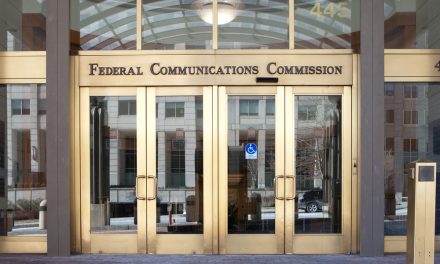Deutsche Bahn, Germany’s state owned rail operator, is the country’s largest user of the toxic weedkiller glyphosate. Earlier this month, in a move that is great news, they announced they will STOP USING GLYPHOSATE and look instead for environmentally friendly alternative such as UV lights, hot water or electric shock. Deutsche Bahn typically purchases around 65 tons of the herbicide annually.
Classified as most likely carcinogenic by the World Health Organization, Germany’s Environmental Minister Svenja Schulze was pleased upon hearing the news, telling WirtschaftsWoche:
“Glyphosate kills insects which is why we are going to ban it in Germany.“1
RELATED STORY:
CNBC: Bayer to invest $5.6 billion in weedkiller research to help reputation
Deutsche Bahn, who transports over 2.6 billion passengers a year across Europe, plans to investigate non-toxic ways to keep their 20,500 miles of railway tracks weed-free without harming the environment. In fact, Germany as a whole plans a staged exit from the use of glyphosate and environmentally harmful herbicides and pesticides. Starting in 2020, farmers in Germany will be required to set aside ten percent of their farmland to protect biological diversity if they choose to continue using glyphosate and similar herbicides, according to Schultz, who is keenly aware of the damage caused by this poison.
Unfortunately, the European Union extended a license to use glyphosate for another five years despite resistance from some member states. Hopefully, after that, it will be phased out or banned.
RELATED STORY:
Glyphosate is a toxic ingredient in the popular weedkiller called Roundup. As we’ve shared with you numerous times, glyphosate is present at all levels of the food chain: in water, plants, animals, and even in humans. Every single study that has measured human contamination with glyphosate has found it! It is EVERYWHERE. It is killing off our insect population, and it has been shown to disrupt biological functions in all animals for decades. On top of that, more and more conclusive evidence is confirming that, without a doubt, glyphosate causes cancer.
Source:












